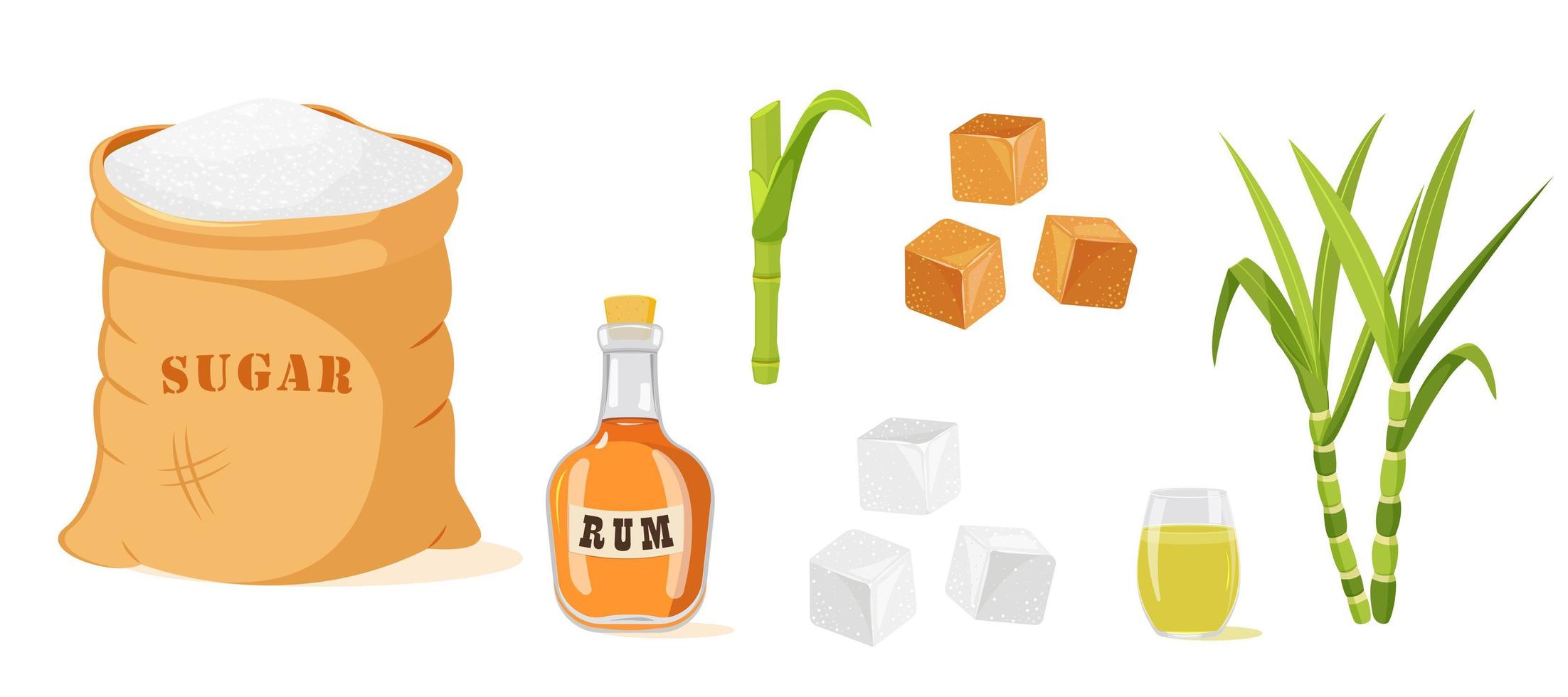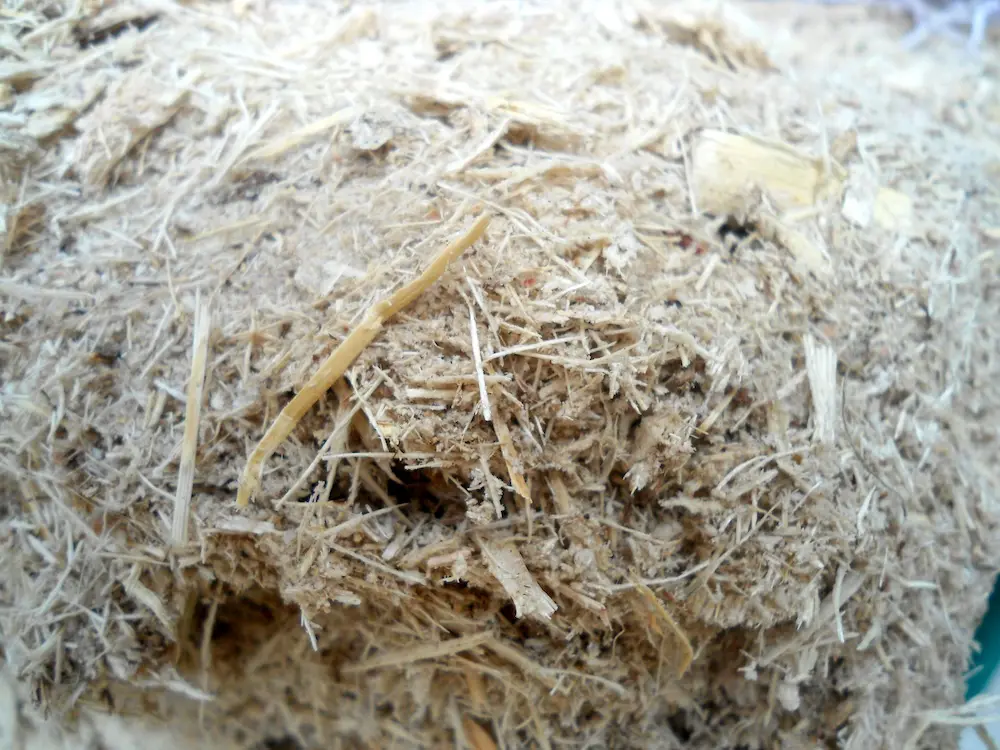Sugarcane Product: A Key Ingredient in Eco-Friendly Materials
Lasting Sugarcane Products: From Sweeteners to Eco-Friendly Goods
The capacity of sustainable sugarcane items expands past standard sweeteners to include a variety of eco-friendly goods, presenting a compelling case for their assimilation into modern customer techniques - sugarcane product. As the globe comes to grips with pressing ecological problems, sugarcane becomes a versatile source with the ability of dealing with both nutritional requirements and sustainability goals. This conversation will certainly check out how technologies in sugarcane farming and handling can result in substantial innovations in naturally degradable product packaging and eco-conscious fabrics. What ramifications might these developments have for future customer choices and ecological influence?
Overview of Sugarcane Sustainability
As the demand for environmentally friendly products expands, understanding sugarcane sustainability ends up being significantly important. Sugarcane, a functional crop, is cultivated largely in tropical and subtropical areas, and its sustainability is essential for both environmental health and economic viability. Lasting sugarcane farming techniques concentrate on minimizing environmental impact while making the most of performance and profitability.
Secret facets of sugarcane sustainability include efficient land use, minimized chemical input, and boosted water management. Practices such as crop rotation, incorporated insect administration, and natural fertilizing add to dirt health and wellness and biodiversity. In addition, innovative technologies, such as precision agriculture, assistance optimize resource use and minimize waste.
In addition, sugarcane is a renewable source, with spin-offs that can be used in numerous sectors, from biofuels to eco-friendly plastics, thereby reducing reliance on fossil fuels and decreasing carbon footprints. Certifications like the Bonsucro conventional motivate sustainable methods across the supply chain, promoting transparency and accountability.

Sugarcane-Based Sweeteners
Making use of sugarcane as a key resource, sugarcane-based sweeteners have gained prominence as all-natural options to fabricated sugar and refined sugars (sugarcane product). These sugar, obtained from the extraction and processing of sugarcane juice, provide an array of products that deal with varied consumer choices, consisting of organic and minimally refined options
Among one of the most significant sugarcane-based sweeteners are raw walking cane sugar, panela, and molasses. Raw walking stick sugar keeps more of the natural tastes and nutrients found in sugarcane, making it a popular option for health-conscious consumers. Panela, a standard Latin American sugar, is created by evaporating sugarcane juice, maintaining its natural minerals and vitamins. Molasses, a result of sugar extraction, is rich in anti-oxidants and necessary nutrients, acting as a nourishing sweetening agent in different culinary applications.
The expanding need for sugarcane-based sugar is driven by increasing awareness of health and wellness and sustainability problems related to traditional sugar. By choosing sugarcane-derived products, customers not only sustain lasting agricultural methods however additionally add to a healthier way of life, straightening their nutritional choices with their environmental worths.
Eco-friendly Product Packaging Solutions
Becoming a feasible choice to standard plastics, biodegradable packaging services obtained from sugarcane are changing the product packaging sector. These cutting-edge materials provide an eco friendly option that attends to the expanding worries over plastic air pollution. see this page Making use of the all-natural sugars located in sugarcane, suppliers are creating numerous kinds of eco-friendly packaging, including films, containers, and wraps that disintegrate much more quickly than standard plastics.
The main benefits of sugarcane-based packaging lie in its sustainable sourcing and its capacity to damage down into non-toxic byproducts. Unlike fossil fuel-derived plastics, which can continue the setting for hundreds of years, sugarcane packaging generally breaks down within a few months under proper problems. This decrease in waste not only mitigates land fill overflow however likewise decreases the carbon impact connected with product packaging products.
Furthermore, sugarcane-derived packaging maintains durable performance attributes, using similar sturdiness and functionality to standard alternatives. As companies and consumers progressively prioritize sustainability, the fostering of naturally degradable packaging options represents a substantial action towards a round economy, where materials are recycled and regrowed as opposed to disposed of. This shift not just enhances brand name picture yet likewise adds link to a much more lasting future for the world.
Eco-Friendly Textiles and Fabrics
Environmentally friendly fabrics and materials are gaining traction in the style and home goods sectors as customers increasingly require sustainable choices to traditional materials. Amongst the significant alternatives are materials acquired from sugarcane, which provide an eco accountable alternative to synthetic fibers. These fabrics are generated through a procedure that uses the renewable energies located in sugarcane, considerably decreasing dependence on petroleum-based products.

As the market for lasting fabrics broadens, consumers can look forward to cutting-edge layouts that integrate style with ecological responsibility. Inevitably, green fabrics and fabrics stand for a significant action towards decreasing the fashion sector's ecological footprint while providing to the growing demand for liable consumer choices.
Technologies in Lasting Farming
Transforming farming techniques, advancements in sustainable farming are changing the method plants are grown and managed. These innovations concentrate on reducing ecological effect while taking full advantage of efficiency and performance. Strategies such as precision farming utilize information analytics and satellite imagery to maximize resource usage, guaranteeing that water, plant foods, and pesticides are applied only where required. This targeted method not just decreases waste yet also boosts crop returns.

Furthermore, agroecology, which integrates environmental concepts into farming, advertises biodiversity and dirt health. Practices such as crop rotation, cover chopping, and intercropping foster resistant ecosystems that can endure parasites and environment variants - sugarcane product. Additionally, making use of organic fertilizers and biopesticides contributes to much healthier dirts and ecosystems

Together, these developments are not only reshaping the farming landscape yet likewise adding to a much more sustainable future for sugarcane and other plants, straightening farming methods with environmental stewardship.
Verdict
Lasting sugarcane items represent a significant innovation in eco-friendly choices, covering from natural sweeteners to eco-friendly products. The cultivation of sugarcane via lasting practices not only improves environmental wellness however also adds to economic viability. As customer preferences progressively lean in the direction of sustainable alternatives, the adaptability of sugarcane as a renewable source ends up being progressively relevant. This trajectory emphasizes the significance of ongoing advancement and commitment to lasting practices within the sugarcane market, cultivating a more lasting future.
The possibility of lasting sugarcane products extends beyond conventional sugar to encompass a variety of green goods, providing an engaging case for their integration into contemporary customer techniques. Sustainable sugarcane farming methods focus on decreasing environmental influence while taking full advantage of performance and profitability.
Sustainable sugarcane products represent a considerable improvement in environmentally friendly choices, extending from all-natural sugar to eco-friendly goods. The cultivation of sugarcane through lasting techniques not just enhances environmental health but also contributes to financial stability. As customer choices significantly lean in the direction of lasting choices, the adaptability of sugarcane as a sustainable source comes to be significantly pertinent.